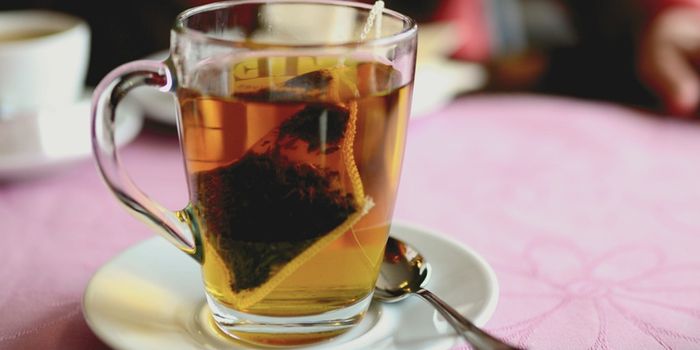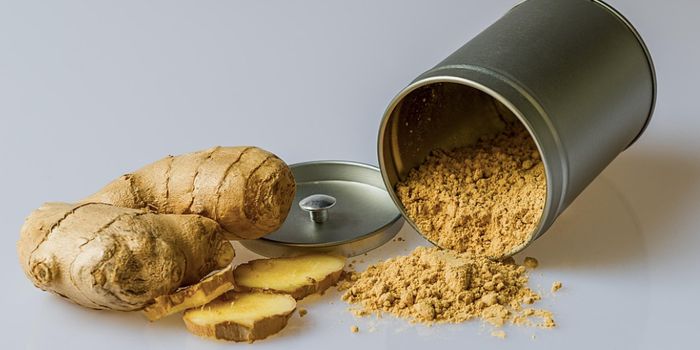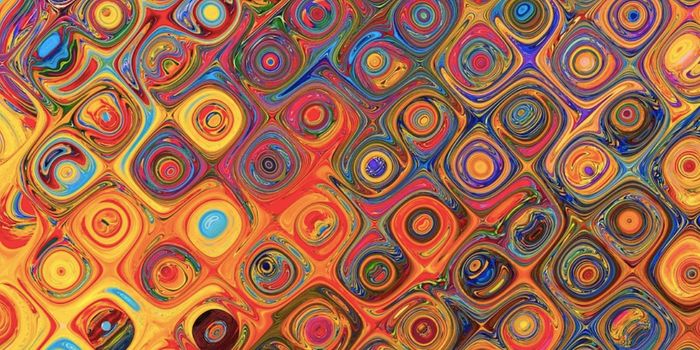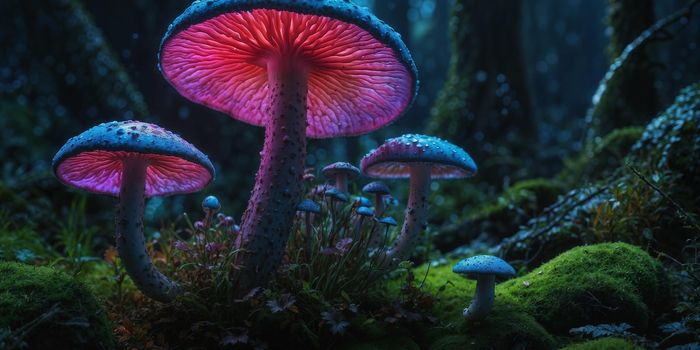Could Green Tea Offer Anti-Aging Benefits?
Green tea is a popular beverage, with the green tea market expected to grow by almost 12% over the next several years. It’s popularity among U.S. tea drinkers, as well, is on the rise.
Part of green tea’s popularity may stem from its well-documented health benefits; specifically, green tea is known to help the body in a range of ways, including burning fat, reducing the risk of cancer, and helping with cardiovascular health. These health benefits are often attributed to high concentrations of flavonoids, or chemicals known to have antioxidative properties.
More specifically, most flavonoids in green tea are different kinds of catechins, which researchers note, among their many health benefits, could also contribute to a delay in aging (longevity). A new study published in Aging-US describes an experiment intended to understand what these catechins target in the body and how these processes contribute to potential anti-aging processes in the body.
Researchers honed in on the 2 most common catechins found in green tea: epigallocatechin gallate (EGCG) and epicatechin gallate (ECG). The study involved administration of various doses of EGCG and ECG in Caenorhabditis elegans, a type of roundworm, to study their effects.
Overall, researchers noted that EGCG and ECG inhibited complex I activity, reduced fat content, enhanced reactive oxygen species (ROS) defense, and improved the overall healthspan of the roundworms. However, researchers noted that this extension in life span appeared to be “dependent on the presence of the energy sensors AMP-activated kinase AAK-2 and NAD-dependent protein deacetylase SIR-2.1.”
Significant research has been conducted highlighting the safety of certain concentrations of green tea and green tea supplements. However, researchers noted the challenges in delivering a bioavailable amount of catechins EGCG and ECG orally to mammals that could have a significant effect. Nonetheless, given the proven health benefits of green tea, there is certainly more research to be done exploring green tea’s role in longevity and anti-aging.
Sources: Eureka Alert!; Aging-US; Chinese Medicine








